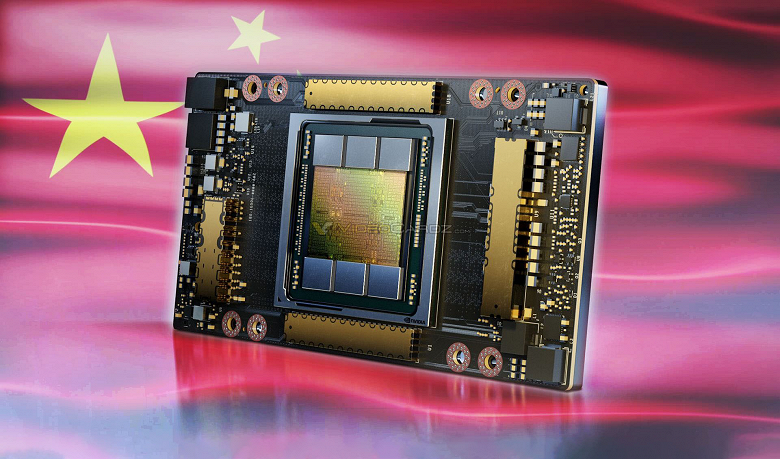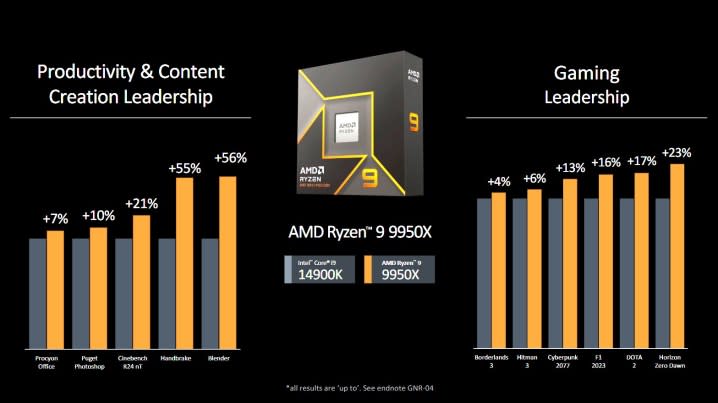Changes will be noticeable in the long term
As Seekingalpha writes, new US rules on chip exports to China are unlikely to have much of a short-term impact on companies like Nvidia and AMD, but the long-term picture could be very different.
Nvidia and ASML said the rules would have a minimal near-term impact on their results of operations. However, China accounts for up to 25% of Nvidia’s data center sales, and its chips intended for the market, particularly the A800 and H800, are now on the banned list. Analysts believe AMD and Intel could also feel the impact.
In the long term, some companies may experience a decline in revenue, which could limit investment. At the same time, the United States is trying to find a balance between allowing sales and protecting its interests.
“The US government doesn’t want to just say no to everything, but it does want to be able to control every transaction that it can,” said IDC Vice President Mario Morales.

US sanctions against China threaten Nvidia, AMD and ASML
Nvidia said it does not expect a significant impact in the short term: “We comply with all applicable regulations as we work to build products that support thousands of applications. Given global demand for our products, we do not expect a material impact on our financial results shortly.”
ASML said it would need to carefully assess the implications: “It is our understanding that the new rules will apply to a limited number of facilities in China associated with advanced semiconductor manufacturing. These export control measures are likely to have an impact on the regional distribution of sales of our systems in the medium to long term.”
UBS noted that China receives between 20% and 25% of its data center revenues: “All other things being equal, these new rules represent 7% to 10% of data center revenues (or ~6% to 8% of total revenues this year). year). The effect will be small in the short term, but it will have an impact in the long term.”
US measures to limit the export of advanced chips with artificial intelligence (AI) technologies to China could open up huge opportunities for Huawei to import substitution in the domestic market, as we previously reported.




